Cats, with their enigmatic personalities and graceful demeanor, are beloved members of many families. But as much as we adore them, ensuring their safety and well-being is crucial. While most cat owners are aware of common hazards like chocolate or onions, there are several unsuspecting foods that can pose a threat to our feline friends. Delve into this article to uncover ten foods that you might not have realized are harmful to cats.
Grapes and Raisins
Grapes and raisins are often seen as healthy snacks for humans, but they can be quite the opposite for cats. Even small amounts can lead to kidney failure in felines. It’s a mystery why these fruits are toxic to cats, but the effects can be severe. Cats that ingest grapes or raisins may experience vomiting, lethargy, and even a loss of appetite. If you suspect your cat has consumed any, it’s essential to consult a veterinarian immediately. Keeping these fruits out of reach is the best way to ensure your cat’s safety.
Avocado
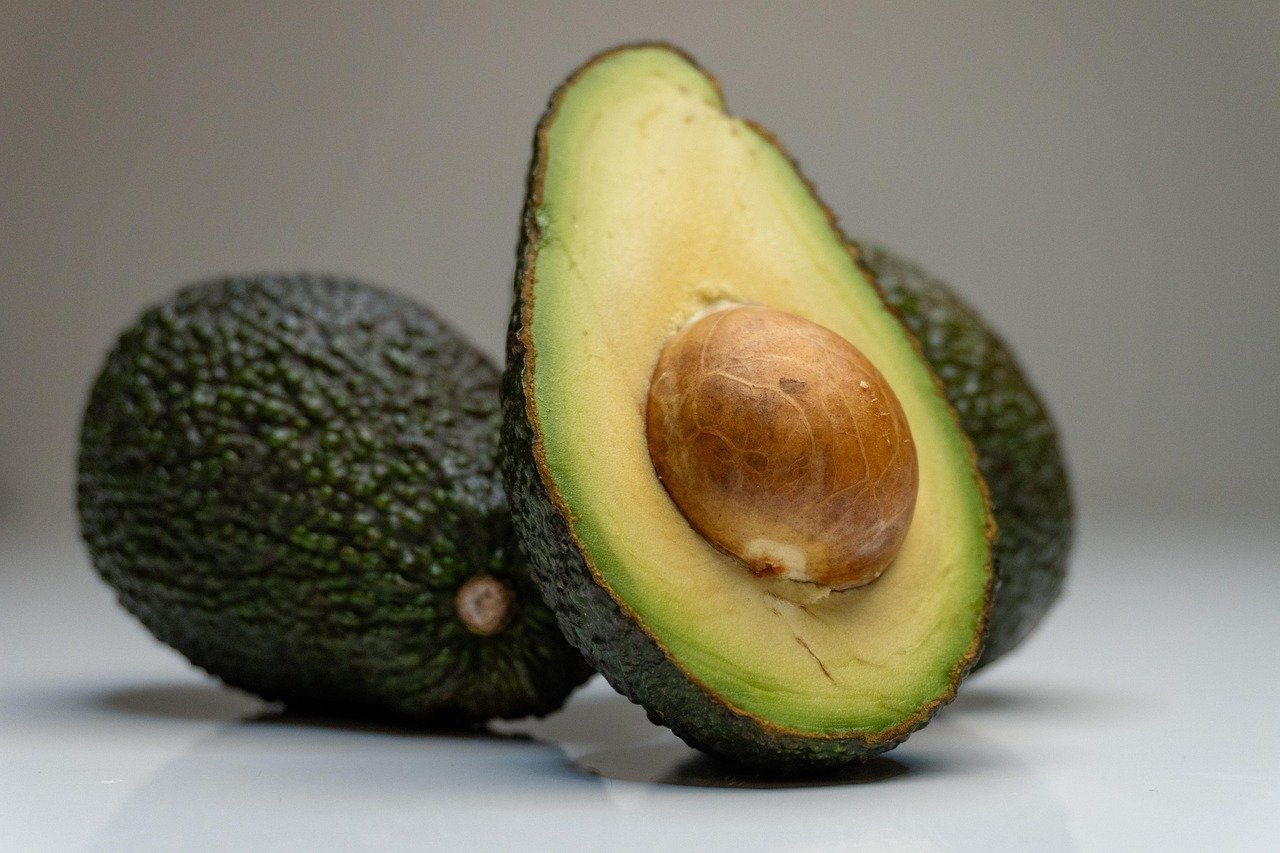
Avocados have gained popularity for their health benefits in human diets, yet they pose a risk to cats. The fruit contains a toxin known as persin, which is harmful to cats. While the amount of persin in the fleshy part of the avocado is minimal, it can still cause vomiting or diarrhea. Additionally, the pit poses a choking hazard. Therefore, it’s wise to keep avocados away from curious paws.
Onions and Garlic
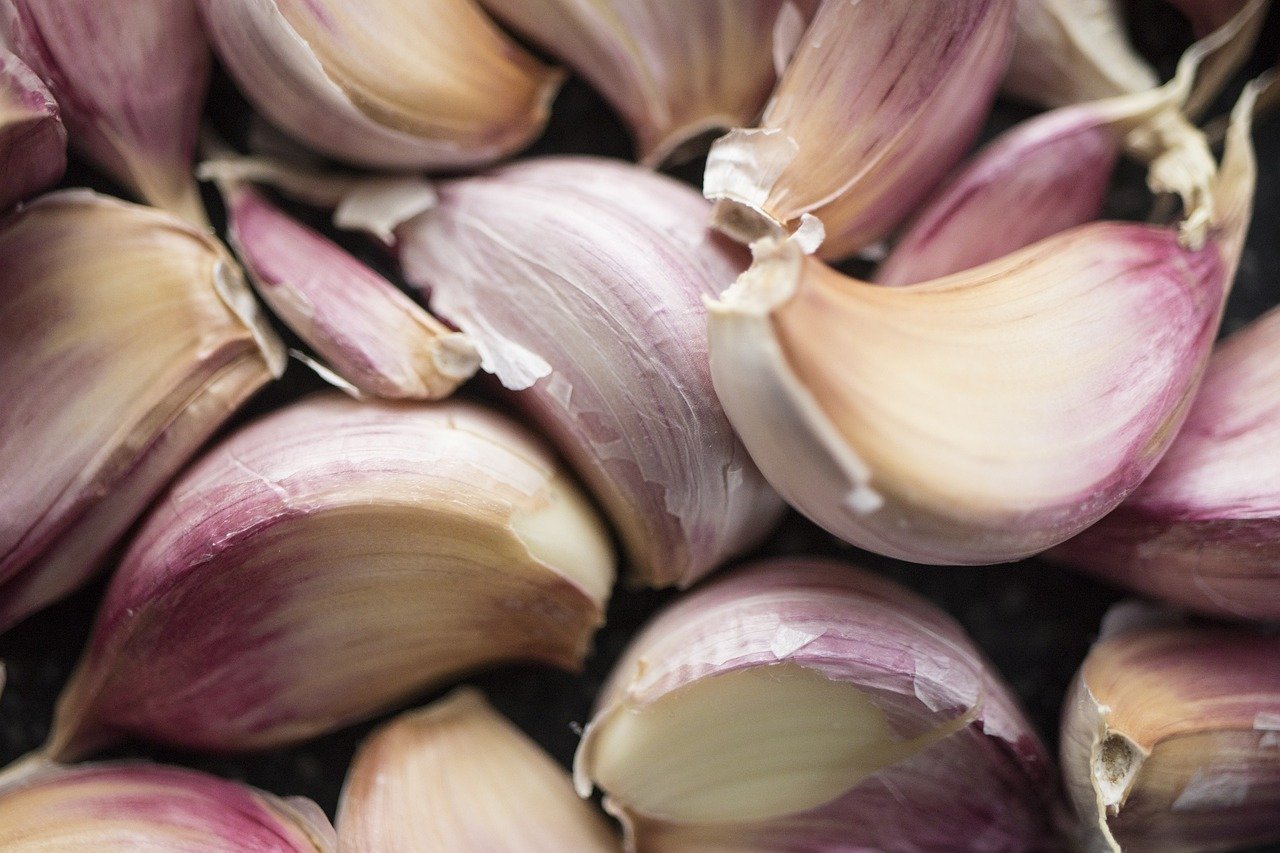
Onions and garlic are staples in many kitchens, but they are dangerous for cats. These ingredients contain compounds that can damage a cat’s red blood cells, leading to anemia. Even small amounts can be harmful. Symptoms of ingestion include weakness, pale gums, and an increased heart rate. It’s crucial to ensure that cats don’t have access to these items, whether raw, cooked, or in powdered form.
Alcohol

While it may seem obvious to keep alcoholic beverages away from pets, some might not realize just how little it takes to harm a cat. Alcohol affects cats much more severely than humans. Even the smallest amount can cause confusion, vomiting, and in severe cases, respiratory failure. It’s vital to keep all alcoholic products, including those used in cooking, safely stored away from your feline companions.
Dairy Products
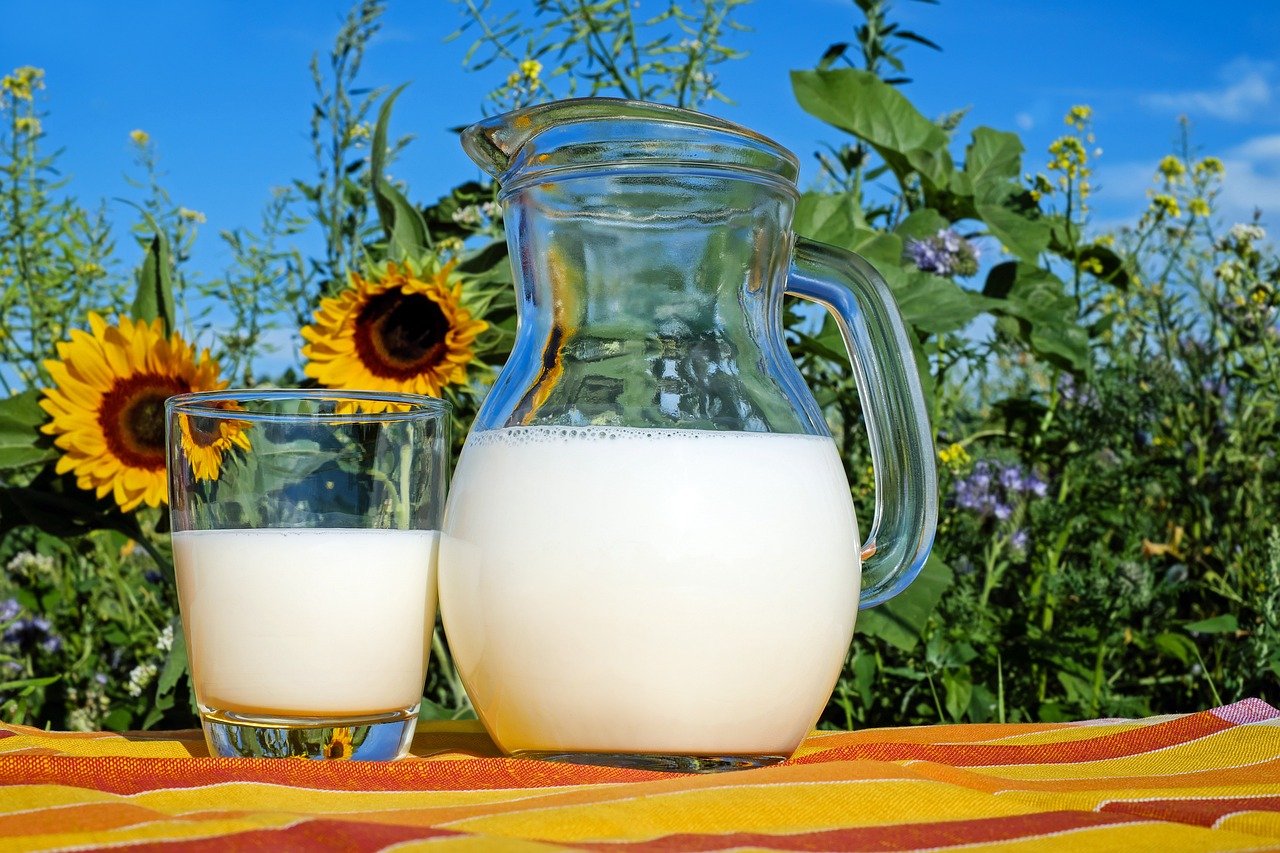
Many people imagine cats happily lapping up a bowl of milk, but dairy products can be problematic. Most adult cats are lactose intolerant, meaning they lack the enzymes needed to digest lactose found in milk. Consuming dairy can lead to digestive upset, including diarrhea and stomach cramps. Instead of offering milk, ensure your cat has access to fresh water at all times.
Caffeine
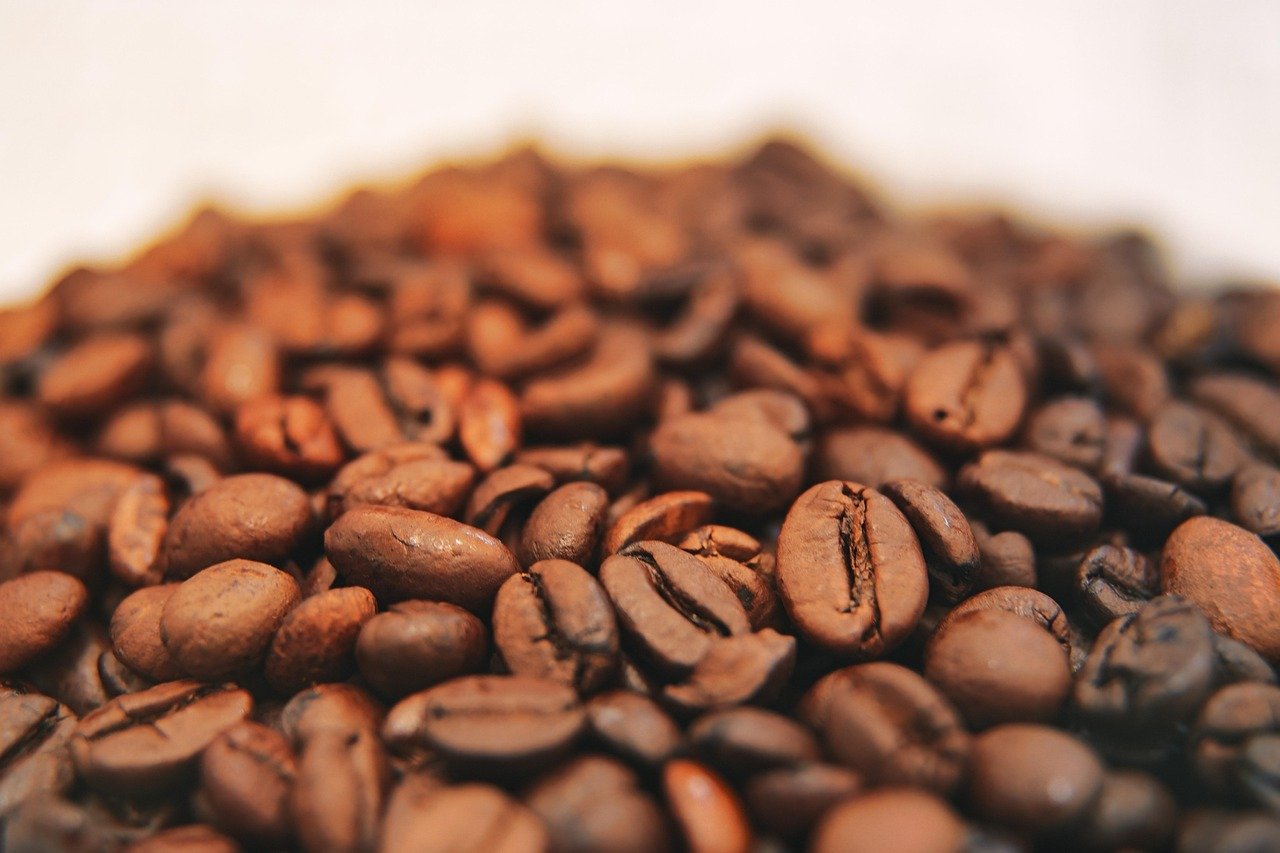
Caffeine is a stimulant that many rely on daily, but it’s not suitable for cats. Found in coffee, tea, and even some soft drinks, caffeine can lead to restlessness, rapid breathing, and heart palpitations in cats. Just a small amount is enough to cause these symptoms. To protect your cat, ensure that your caffeinated beverages are out of their reach.
Nuts
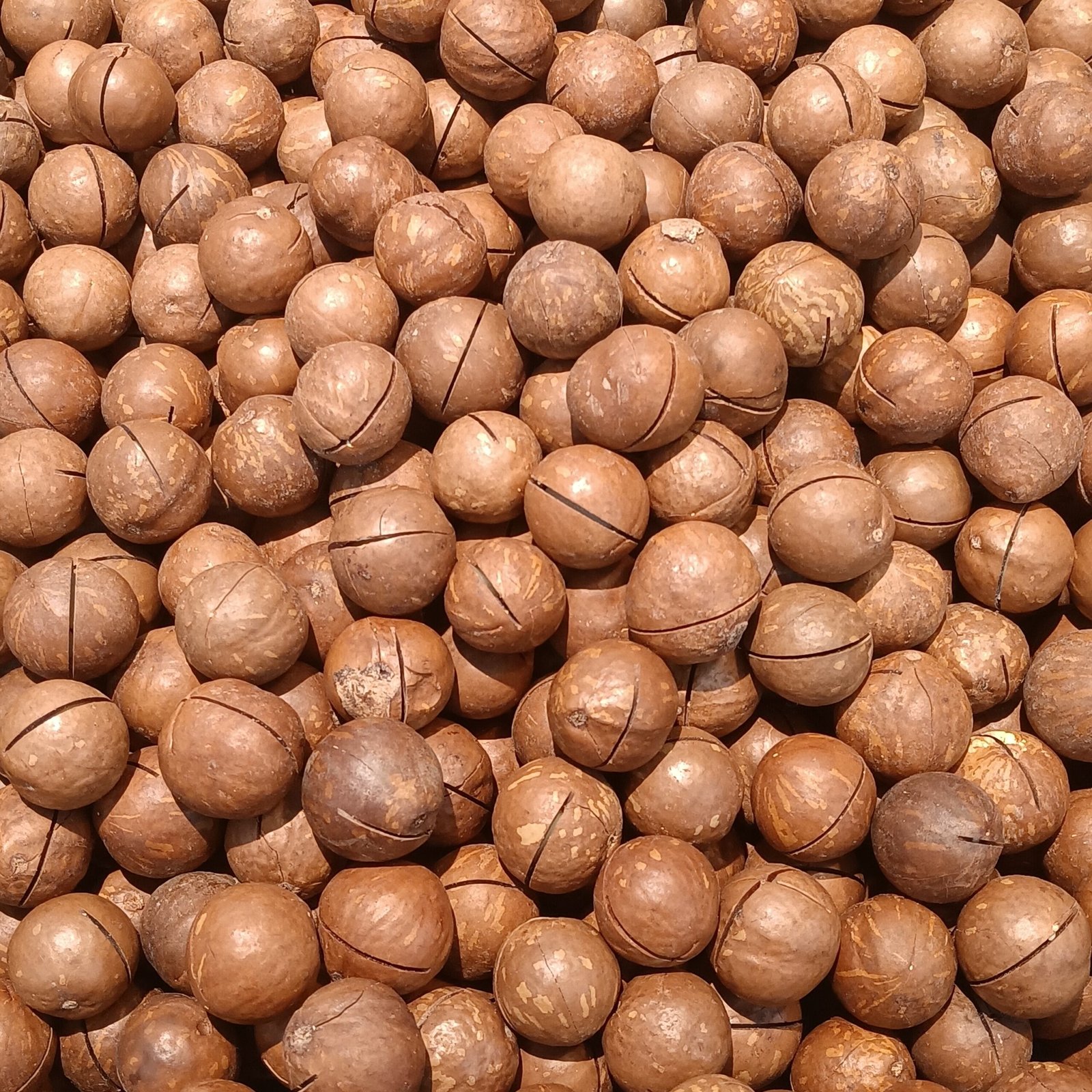
Nuts, particularly macadamia nuts, are toxic to cats. Consumption can result in weakness, vomiting, and tremors. While not all nuts are inherently toxic, they can still pose a choking hazard or cause digestive issues. It’s best to avoid sharing any nuts with your feline friends and to store them securely.
Raw Eggs
Raw eggs might seem like a natural treat, but they carry potential risks. They can contain bacteria like Salmonella, which can lead to food poisoning in cats. Additionally, raw egg whites contain avidin, an enzyme that can interfere with the absorption of biotin, a vital B vitamin. Cooking the eggs eliminates these risks, but it’s still safer to stick to cat-specific foods.
Chocolate
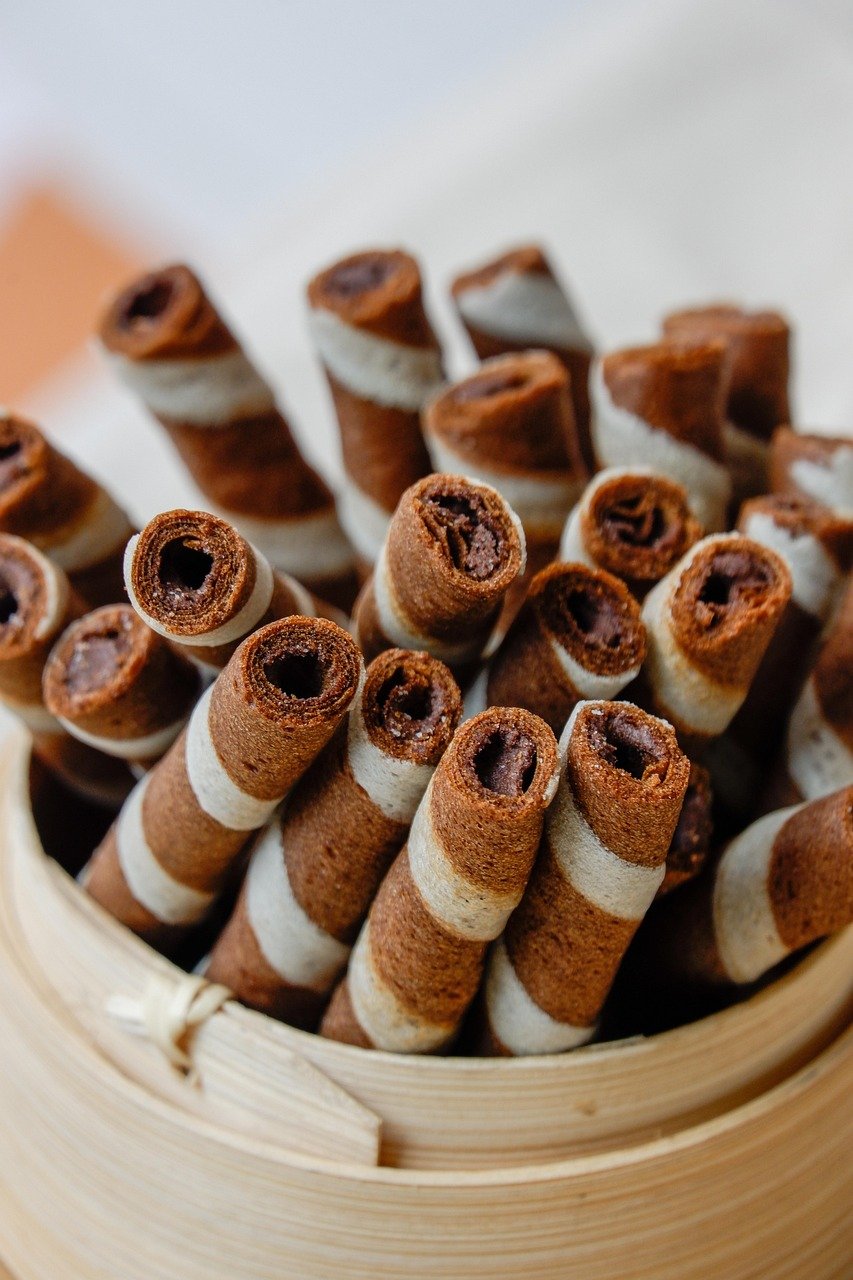
Though chocolate is a well-known hazard for dogs, it’s equally dangerous for cats. It contains theobromine, a compound that cats can’t metabolize effectively. Even small amounts can lead to vomiting, diarrhea, and even seizures. It’s crucial to ensure that all chocolate products are kept well away from your cat’s curious nose.
Yeast Dough
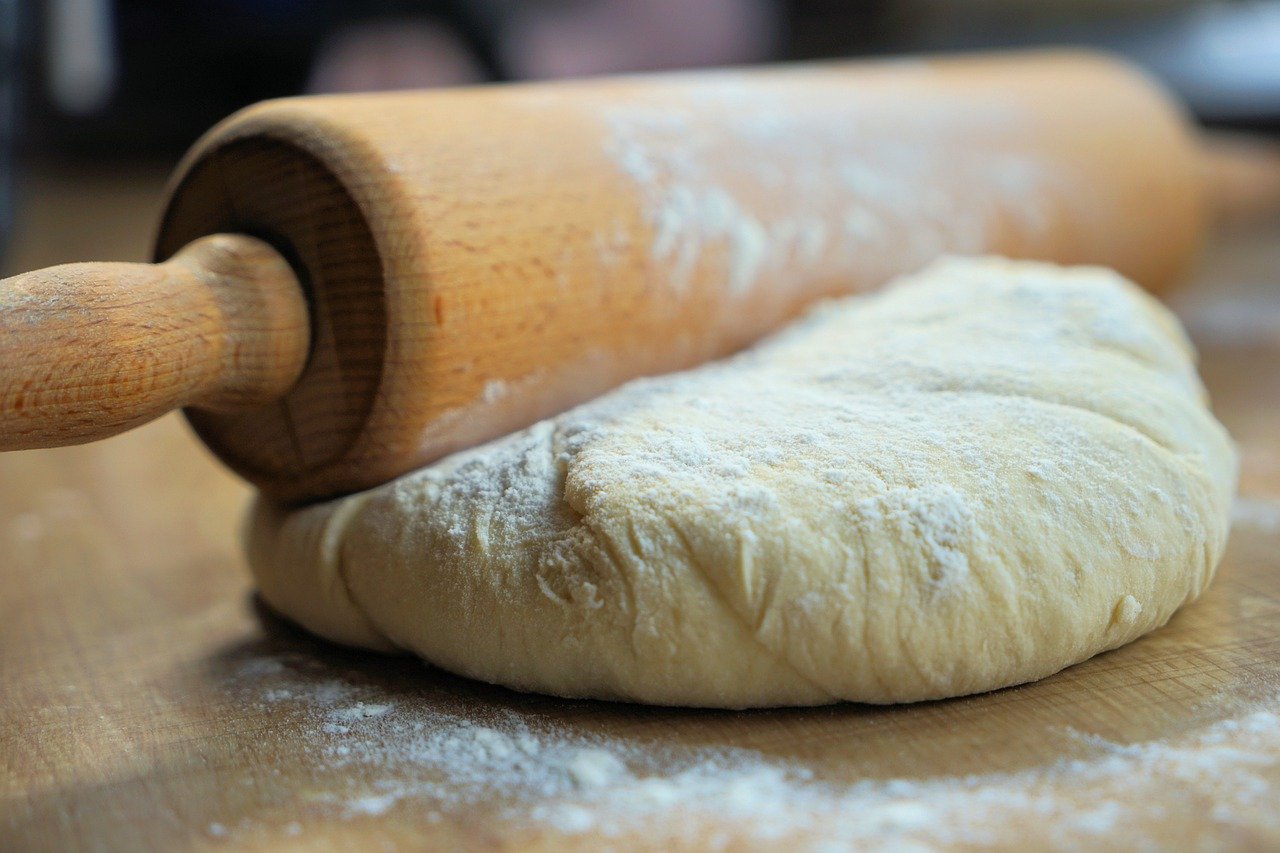
Yeast dough is a hidden danger that many might not consider. When ingested, the dough can expand in a cat’s stomach, leading to bloating and discomfort. Additionally, as the yeast ferments, it produces alcohol, which can be toxic. It’s essential to keep any rising dough out of reach and dispose of scraps safely.
Conclusion
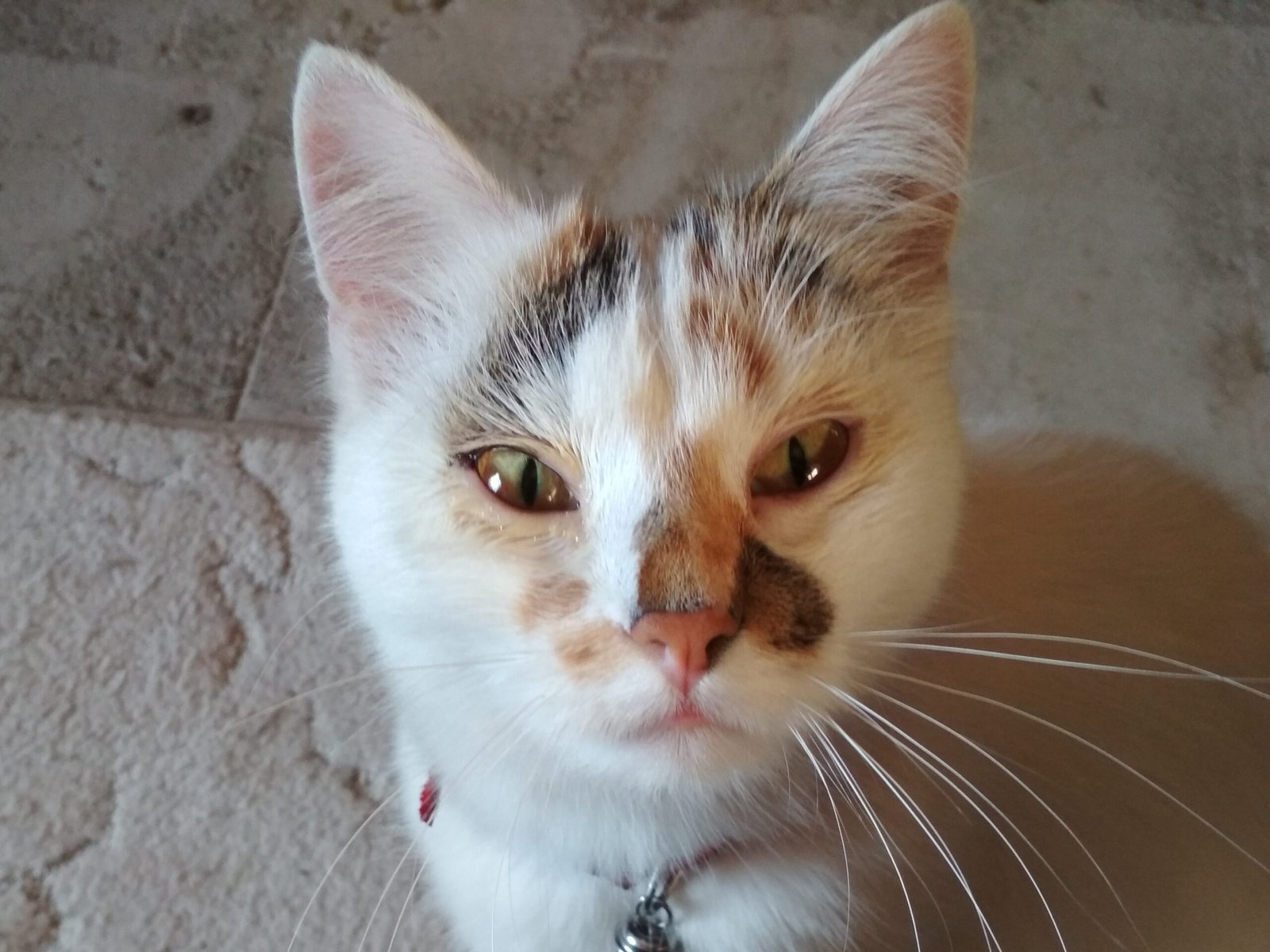
In our quest to provide the best for our cats, knowledge is a powerful tool. Understanding which foods pose a risk can prevent potential health issues and ensure a safer environment for our feline companions. Always be cautious about what your cat has access to and consult a veterinarian if you’re ever in doubt. Your cat’s health and happiness depend on it.
Hi, I’m Bola, a passionate writer and creative strategist with a knack for crafting compelling content that educates, inspires, and connects. Over the years, I’ve honed my skills across various writing fields, including content creation, copywriting, online course development, and video scriptwriting.
When I’m not at my desk, you’ll find me exploring new ideas, reading books, or brainstorming creative ways to solve challenges. I believe that words have the power to transform, and I’m here to help you leverage that power for success.
Thanks for stopping by, Keep coming to this website to checkout new articles form me. You’d always love it!





